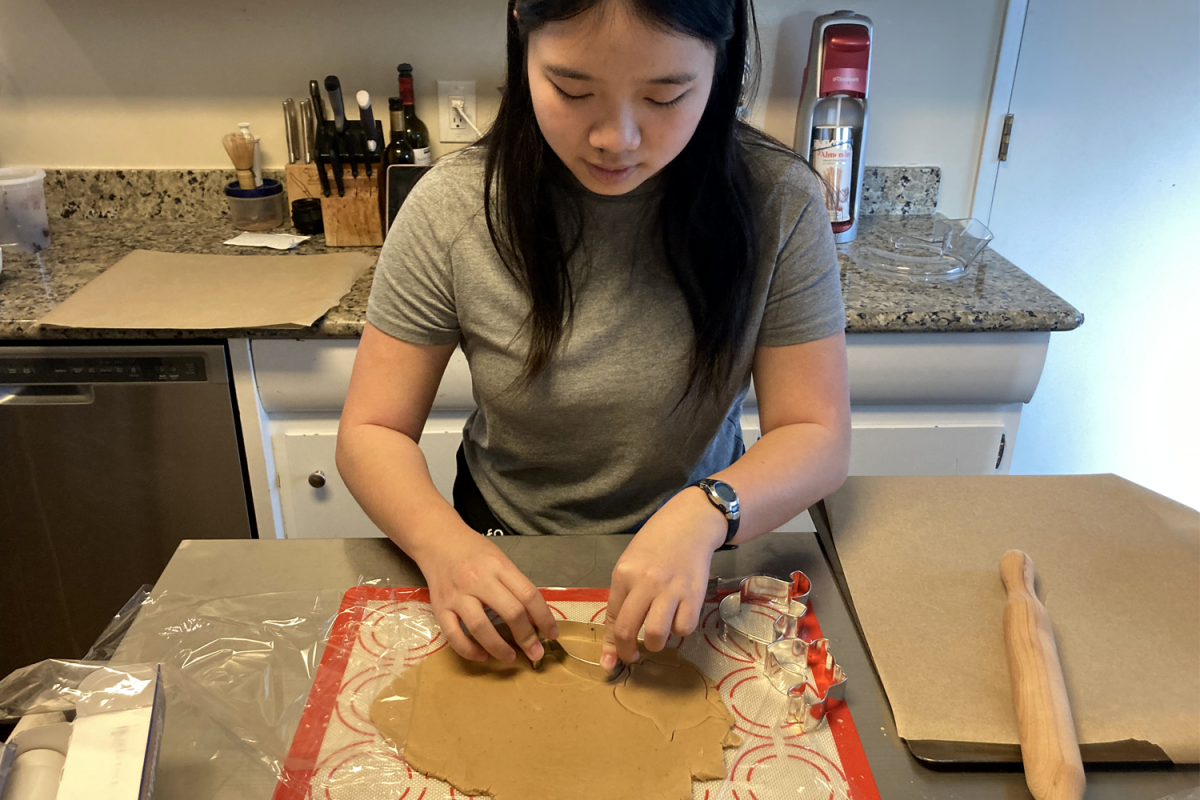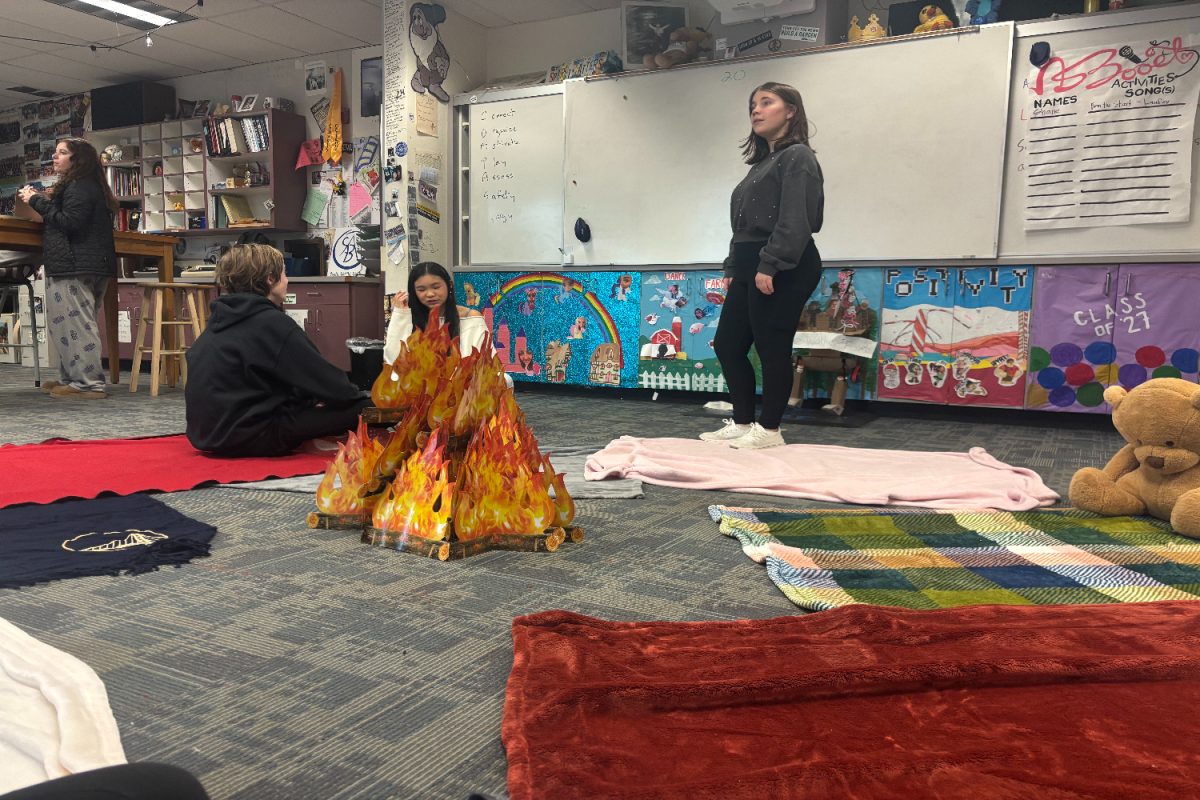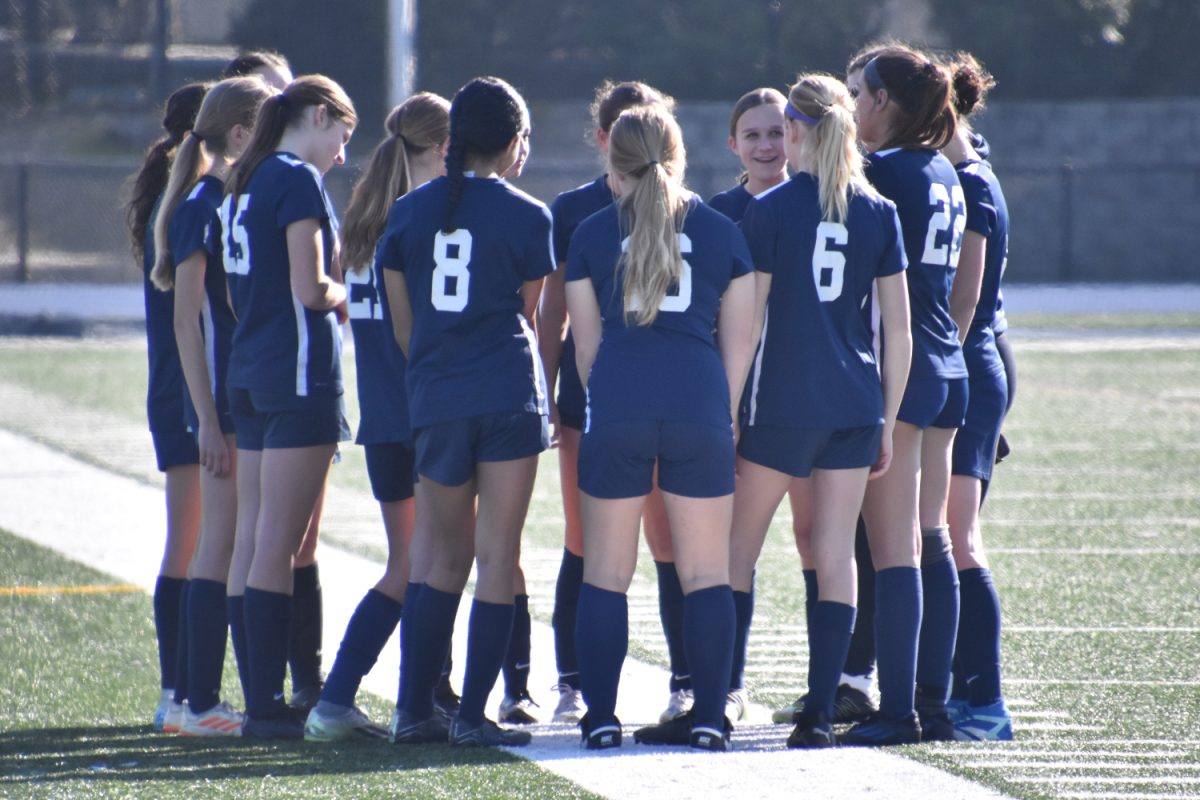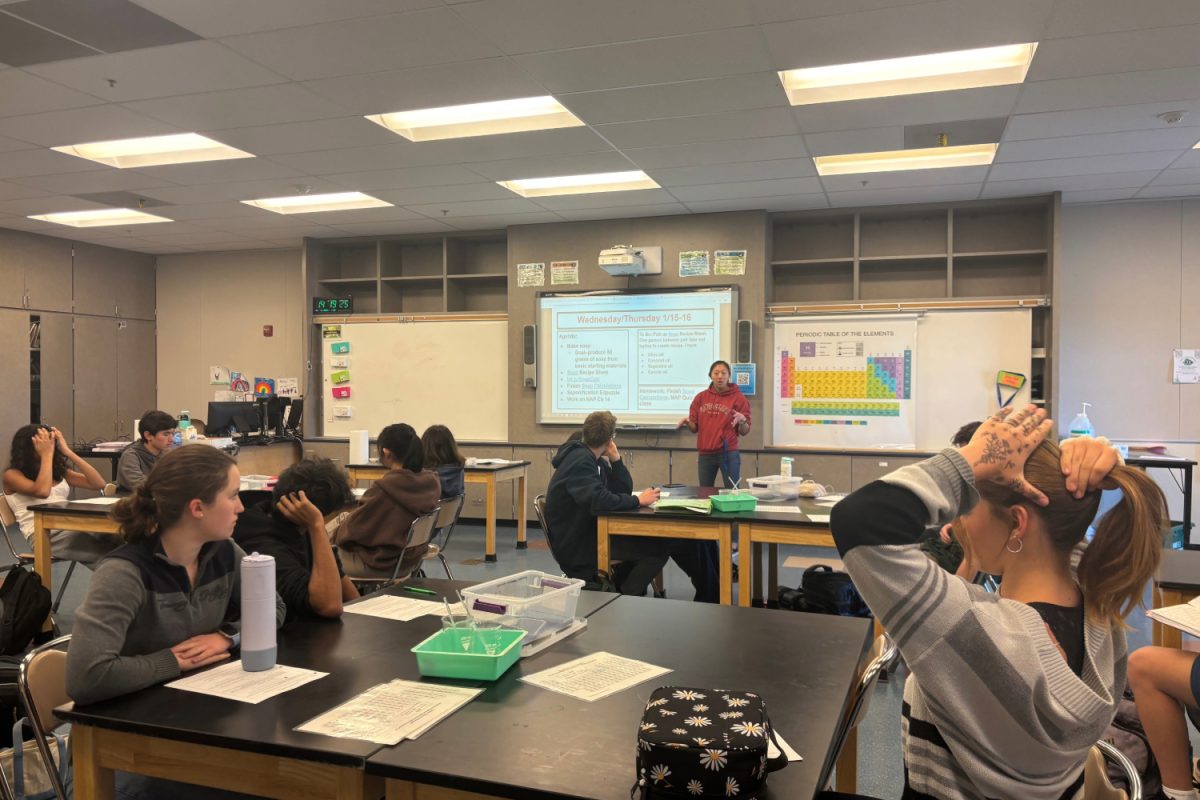Advanced Placement (AP) classes are common in many high school students’ schedules; however, each student must decide for themselves whether an AP class is appropriate considering their commitments and goals.
There are AP courses related to arts, history, science, English, math, world languages, and more. They can boost a student’s grade and save money that would have otherwise been added to their future college tuition.
These college-level classes are time-consuming and require persistence when deciding to take them. Students can take these courses to earn college credits that can transfer to a four-year college if they pass the exam.
When choosing classes, ensuring that the course relates to the student’s interests is crucial since they require much more work and time.
“Keeping up with the workload and getting an A is definitely challenging when taking AP classes,” said Jasmine Marwaha, a senior at Carlmont High School. “But, it does help you prepare for college.”
However, students should consider the work between all classes to avoid excessive stress.
“It’s important to keep in mind balance,” said Sara Shayesteh, an AP Biology teacher. “Don’t overload your schedule if you are not 100% prepared to take it on.”
Students also have to consider that they must balance their extracurricular activities with the workload of their classes.
“As a senior, I don’t have as many extracurriculars as I did last year,” Marwaha said. “But it’s hard to manage with basketball, and I get much less sleep.”
Many students play sports or have some activity outside of school. Especially for students who have never taken an AP, it can be hard to adjust to the fast-paced class.
“I think AP World History is going to be a lot more challenging,” said freshman Dhatri Vennela. “Since I play sports, I’m not going to procrastinate as much, and I’ll try to get my work done as soon as possible.”
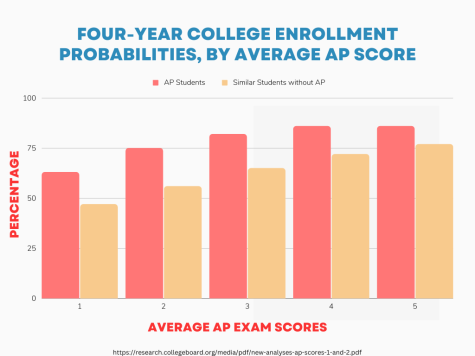
The margin between regular and AP classes is significant, especially in the pace and workload.
“Freshman biology is introductory, and we cover similar topics, but it’s not the same,” Shayesteh said. “It goes over the basics and foundation, whereas in AP Biology, you take those topics and learn them at a deeper level.”
Despite the challenges, there are many benefits when it comes to taking a college-level course.
“Studies have shown that if you take an AP class and take the AP exam, even if you don’t pass, you’re still much more successful and prepared when you take the same class in college,” Shayesteh said.
A 2021 College Board survey of 1,000 first-year college students found that more than 90% of students with a low score on an AP exam were doing well in similar college courses.
In addition, students gain experience when they take an AP class.
“It’s really good practice for college because they are basically the classes we are going to be able to take there,” Marwaha said.
AP classes are not for everyone, but they give students a challenge and a boost to further their education and future.
“If you want to think critically and get a sense of what a college-level course would be like, an AP class is a great place to start,” Shayesteh said.




